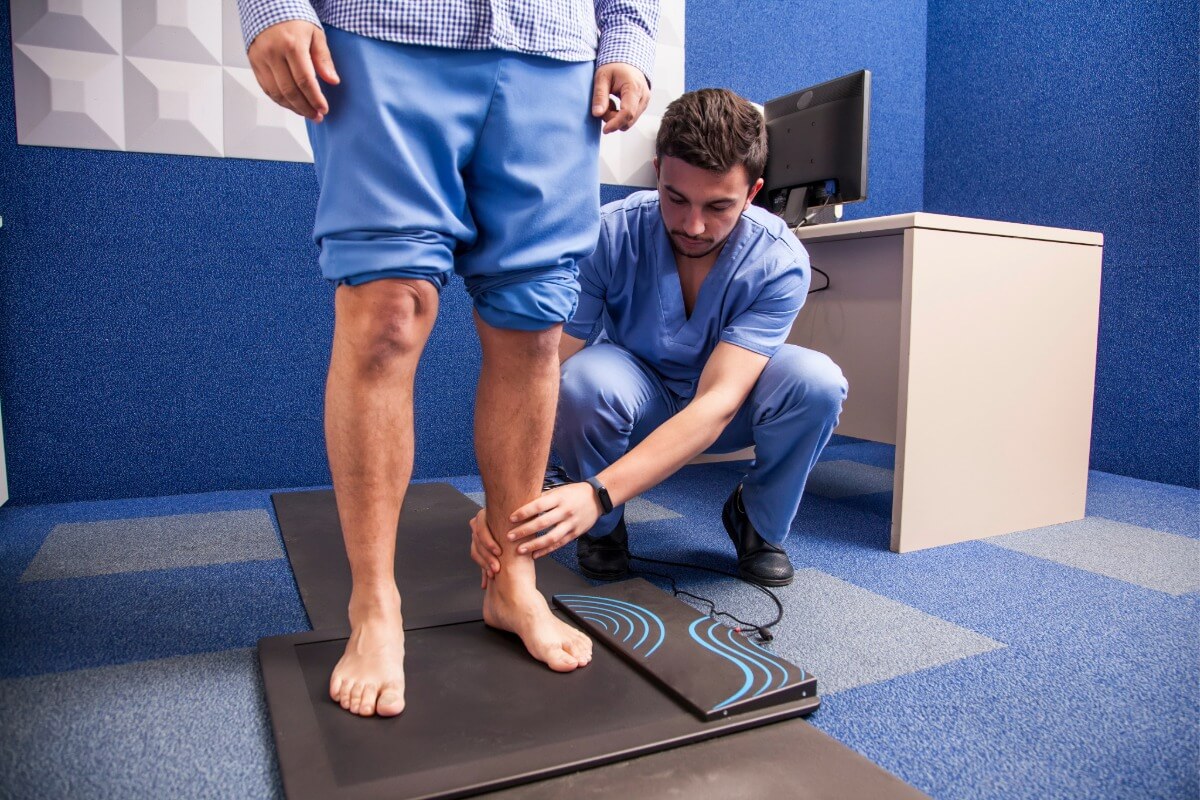Are Warts Contagious?

Throughout one’s lifetime, individuals will deal with various health issues. Some may be more serious than others. However, few are as irksome as warts. While generally painless, warts can be quite troublesome. You can easily identify warts as small, fleshy bumps on various body parts.
Furthermore, it’s important to know whether or not warts are contagious. This can help keep you and others safe. In this article, we will discuss the contagiousness of warts and how to treat them.
Are Warts Contagious? What Else Should I Know?
To answer the question, yes, warts are quite contagious. This is because they are caused by HPV (Human Papillomavirus). Therefore, they can spread very easily. To prevent the spread of warts, you must avoid contact with someone who has warts.
This also includes using different towels, razors, and bathmats. Any sort of skin contact with an infected item can cause the formation of warts. Moreover, you should thoroughly wash your hands routinely. This will help mitigate the spread.
Types of Warts
The most common type of warts appears on the hand. Again, this can occur from direct contact with a contaminated item.
Furthermore, genital warts are also concerning. An individual has a significant chance of getting genital warts if they have sexual intercourse with someone who already has them. While hand warts are generally harmless, genital warts can have more dire repercussions. These types of warts may increase the chances of anal or cervical cancer. So, to prevent this, you must receive your HPV vaccine and practice safe sex.
Treating the ‘Mother’ Wart
Moreover, explaining what a “mother” wart is is important. Smaller warts can form around the “mother” wart if left untreated. This can spread through various parts of the body. If this occurs, treatment may become more difficult. Therefore, it is best to address warts quickly.
Often, over-the-counter medication will be suitable. In more severe cases, you should visit a doctor. They will be able to prescribe stronger medication.
Important Information About Plantar Warts
Along with hand and genital warts, a common type of warts is plantar warts. As the name implies, these are warts that form on your feet. Typically, they form in places with the most pressure (heels, forefeet, toes).
Unlike other warts, these can be quite painful. Over time, walking can become discomforting since you’re constantly putting pressure on aggravated areas. Eventually, these warts may become calloused.
How They Spread
These warts are spread through direct contact. For example, sharing a bath mat with someone makes you more susceptible to plantar warts. Furthermore, using public showers with bare feet is very risky. If you are using public showers, make sure to wear flip-flops.
Treatment Options
In addition, plantar warts can be treated at home with topical creams. You can also use over-the-counter peels to remove them. However, it’s vital to visit a doctor if you cannot treat plantar warts or they become increasingly painful.
They may apply trichloroacetic acid. This should speed up the healing process. In serious cases, laser treatment may be administered. This treatment option would target infected areas, resulting in complete wart removal.
Learn More with Diablo Foot and Ankle
You should visit a medical professional if you notice warts on your foot. For those who reside near Walnut Creek or Antioch, CA, Diablo Foot and Ankle may be the right place for you.
Our doctors have an expert-level degree of experience and qualifications. Furthermore, our locations feature state-of-the-art medical equipment. In fact, our doctors can administer MLS Laser Therapy treatment. This is a non-invasive form of foot and ankle treatment. To learn more, contact us at 925-464-1982. We would love to hear from you.
Related articles
Request your podiatry consultation now
Fill out our contact form for a prompt call back. Diablo Foot & Ankle: Premier podiatry group in Walnut Creek & Antioch

.svg)

.svg)
.svg)





